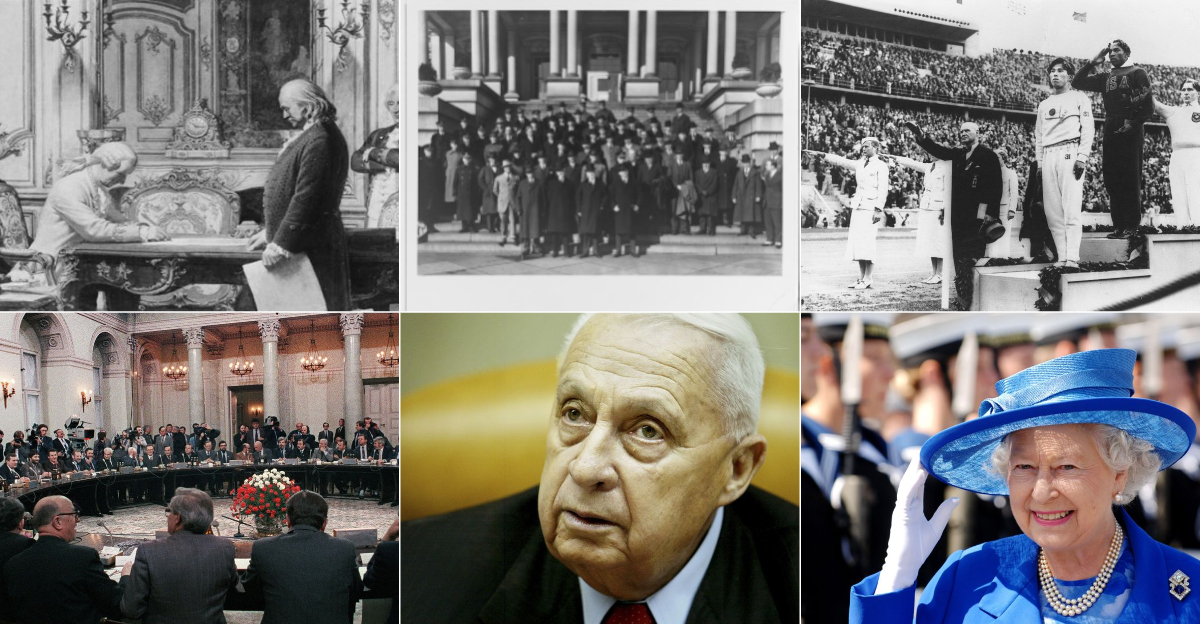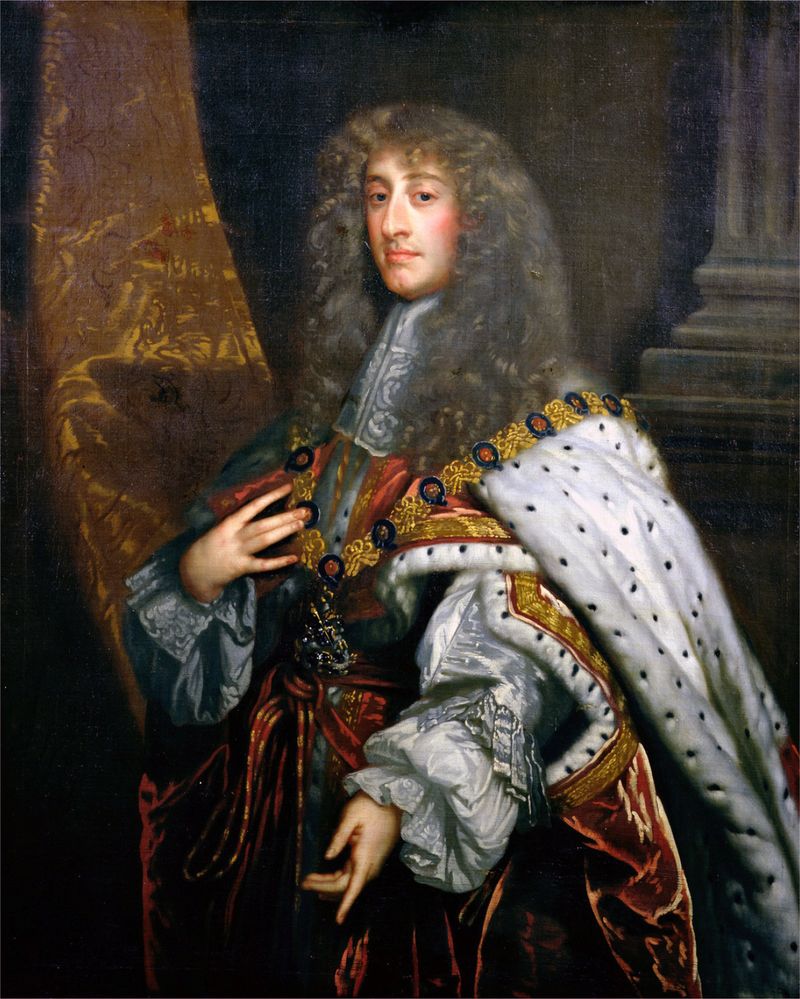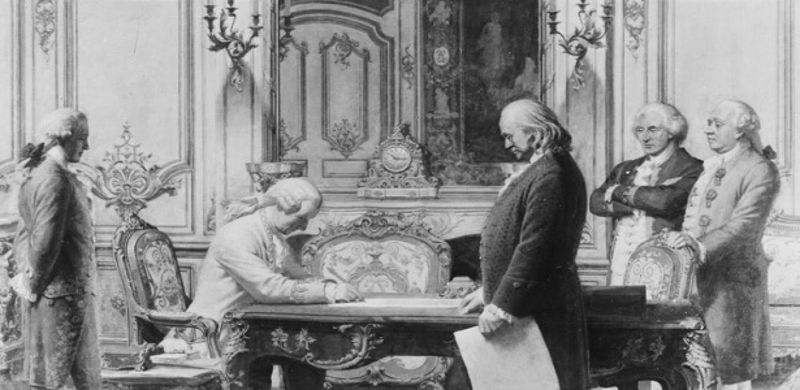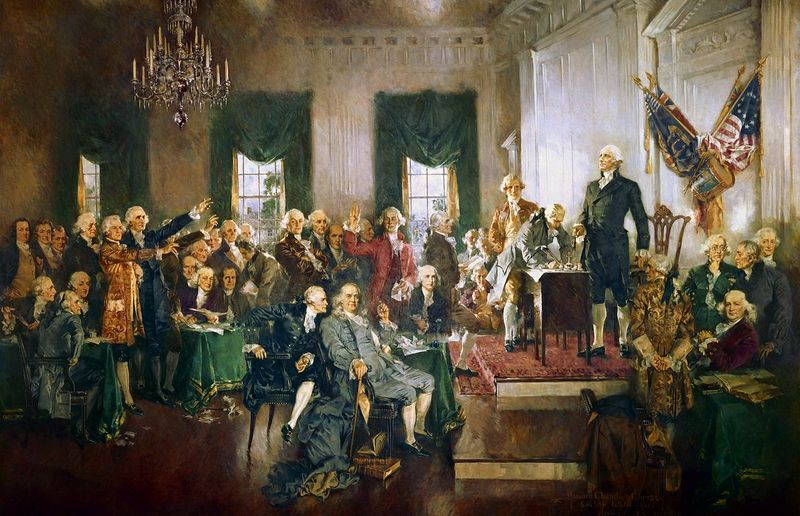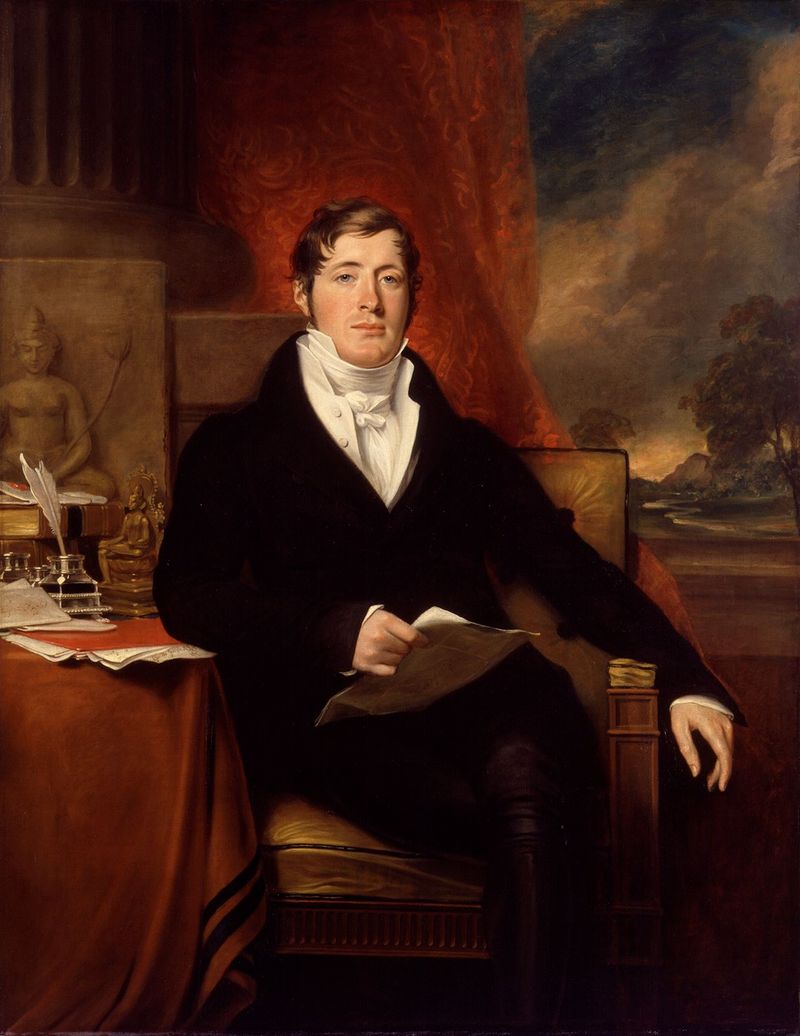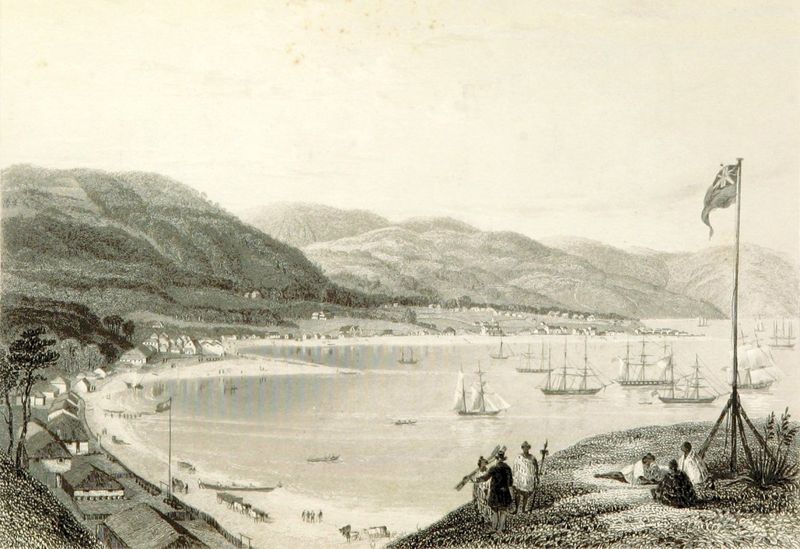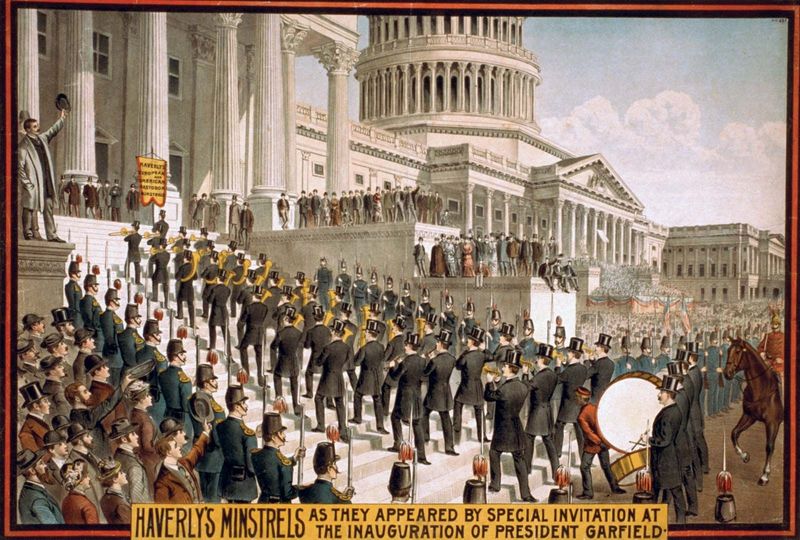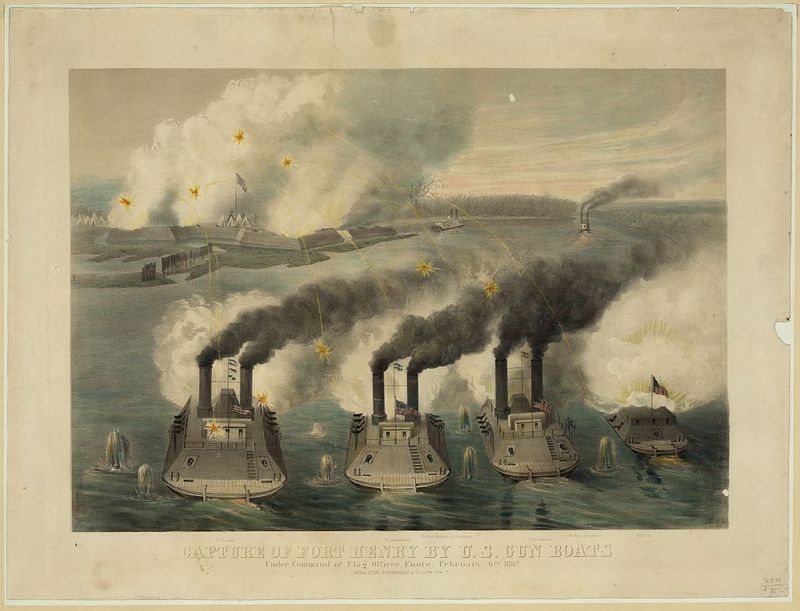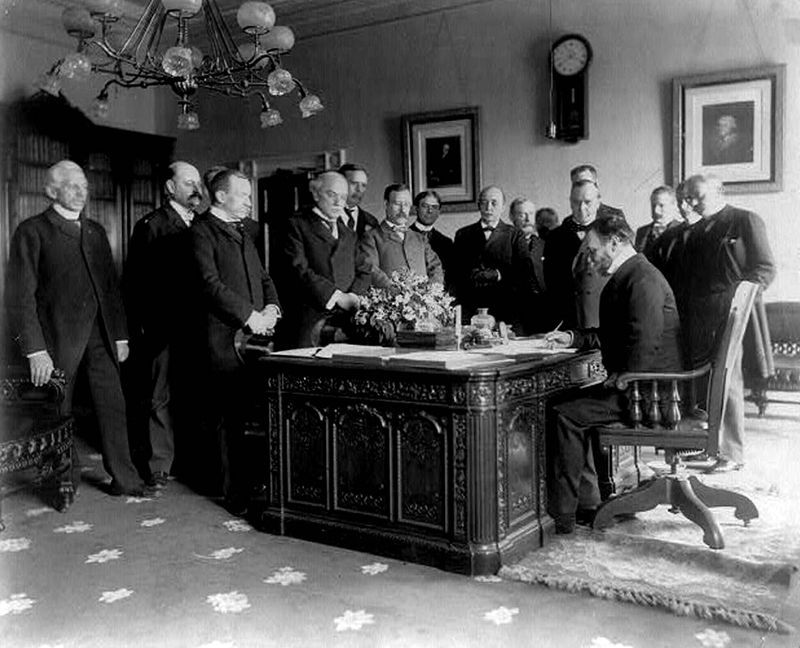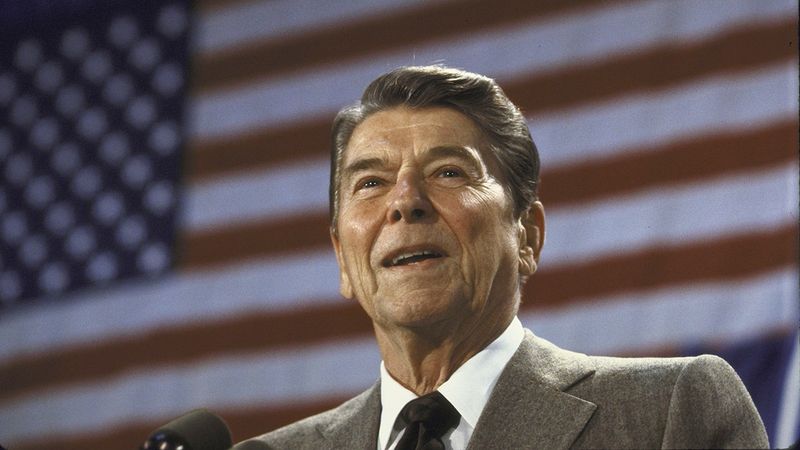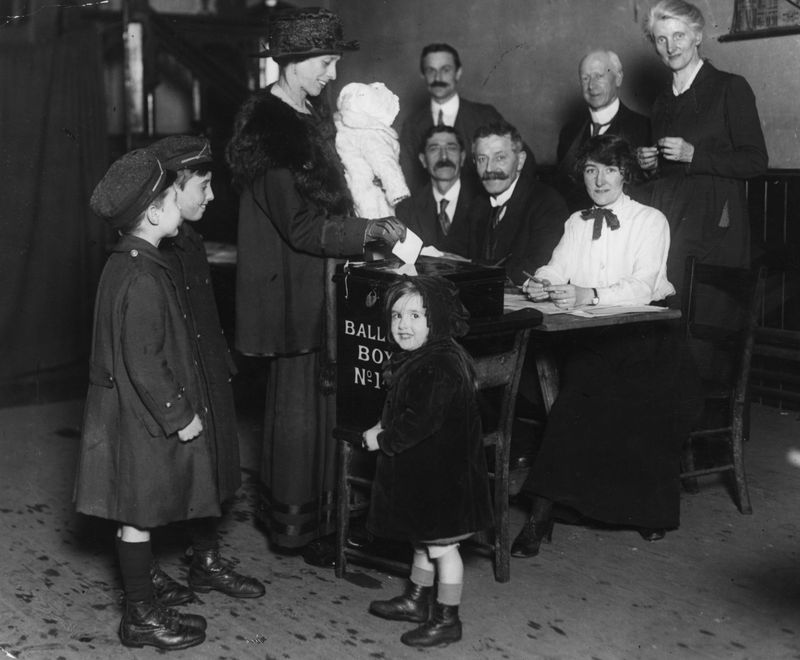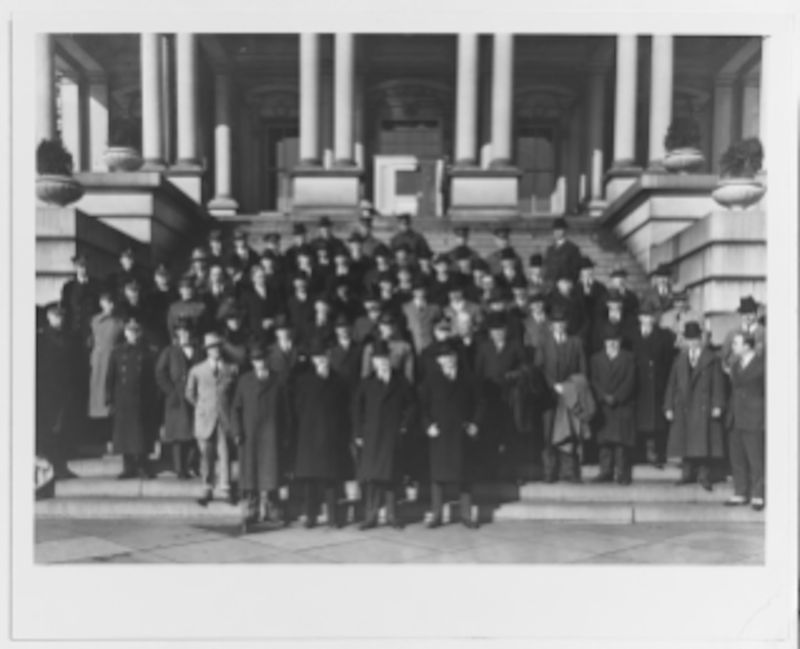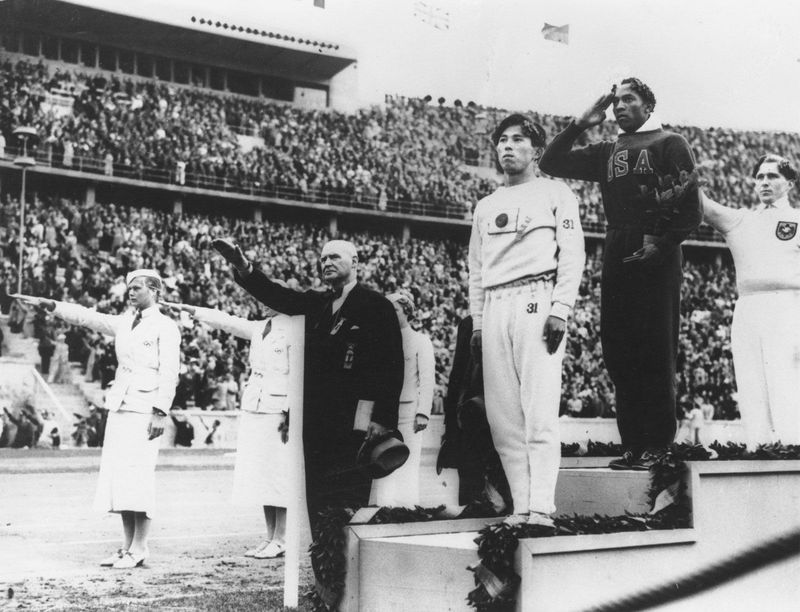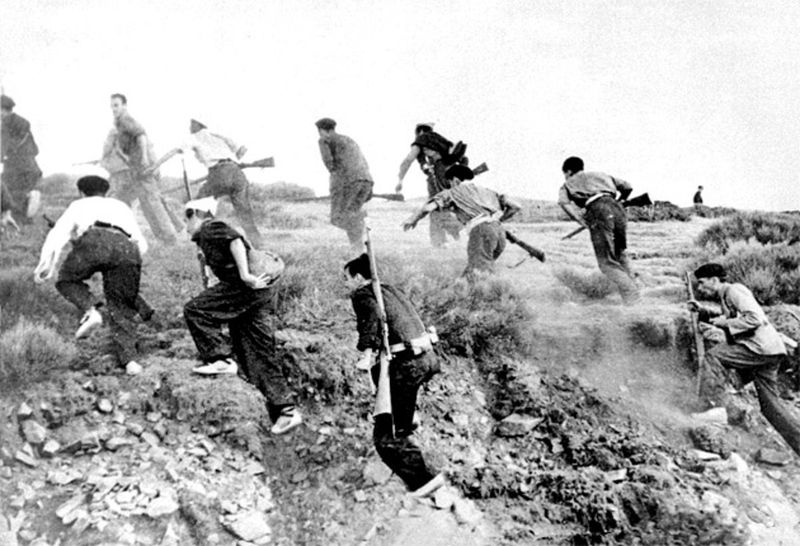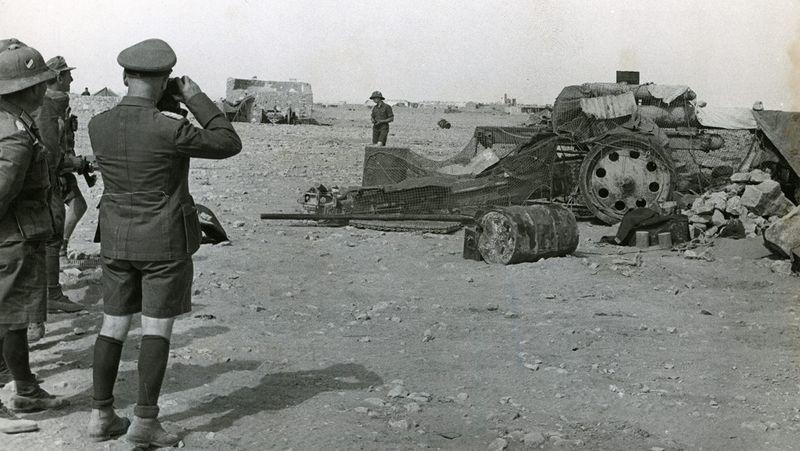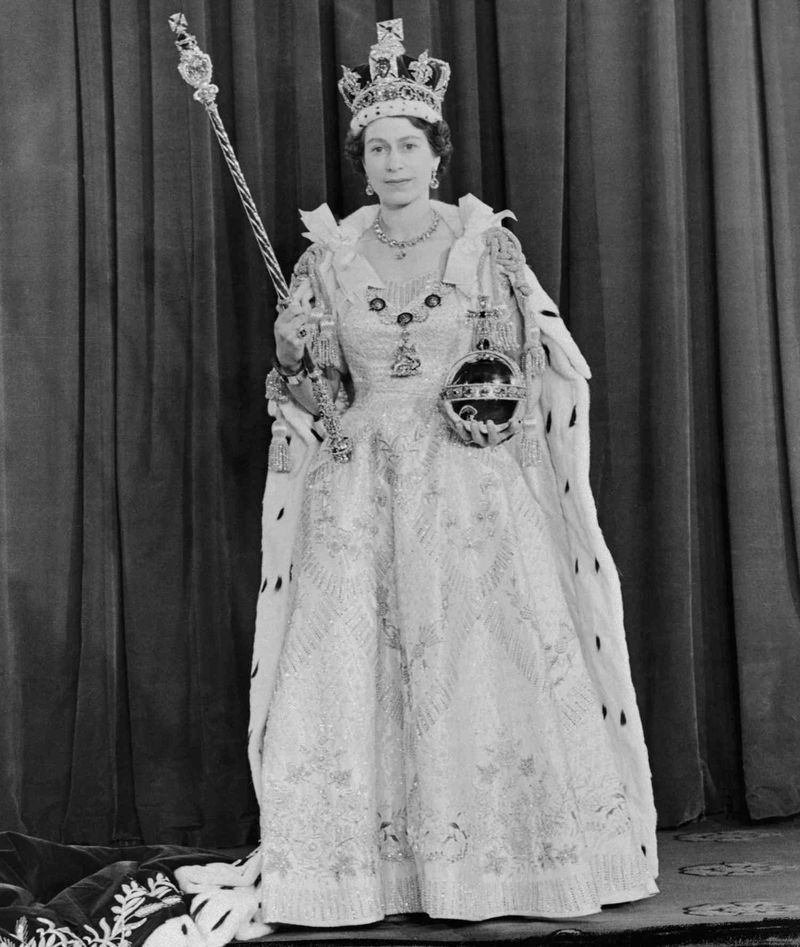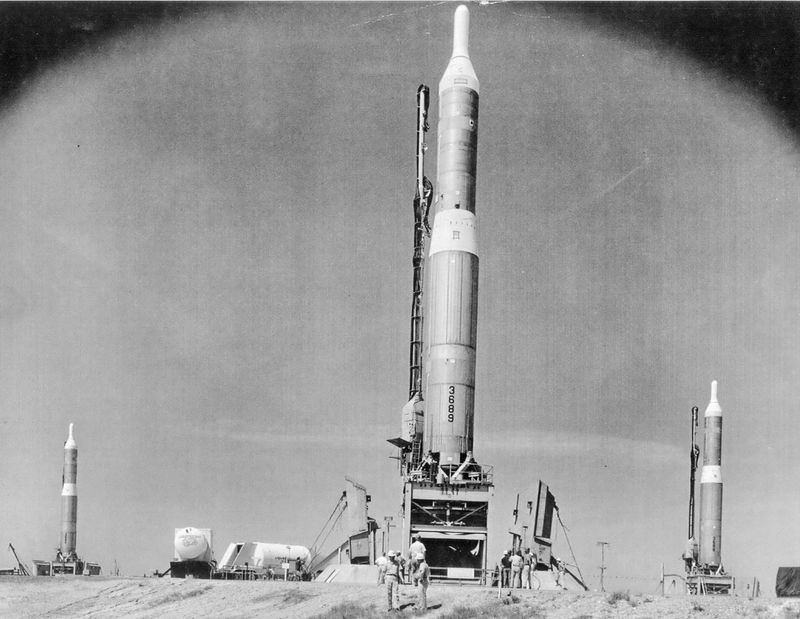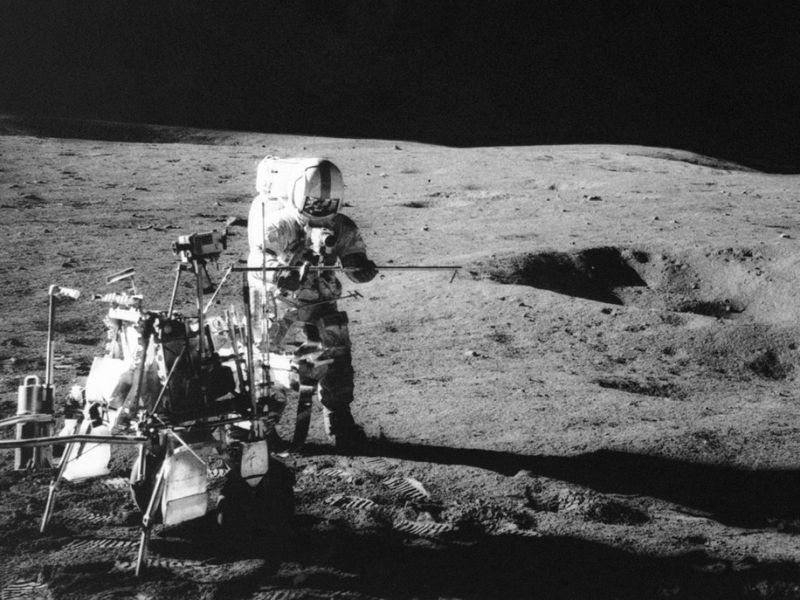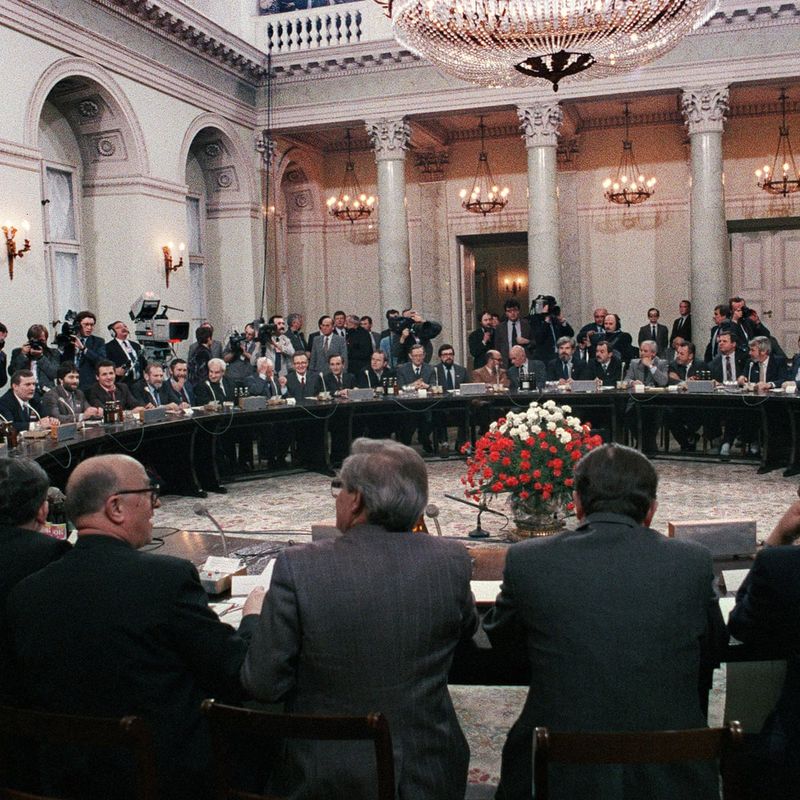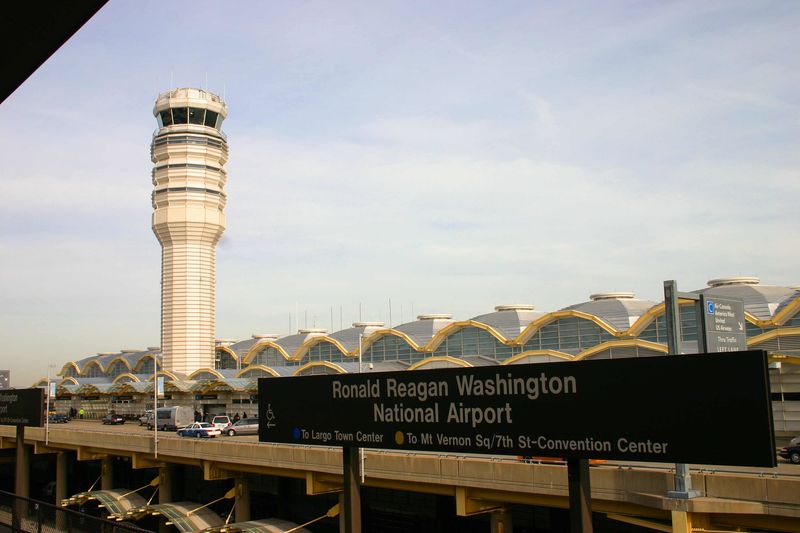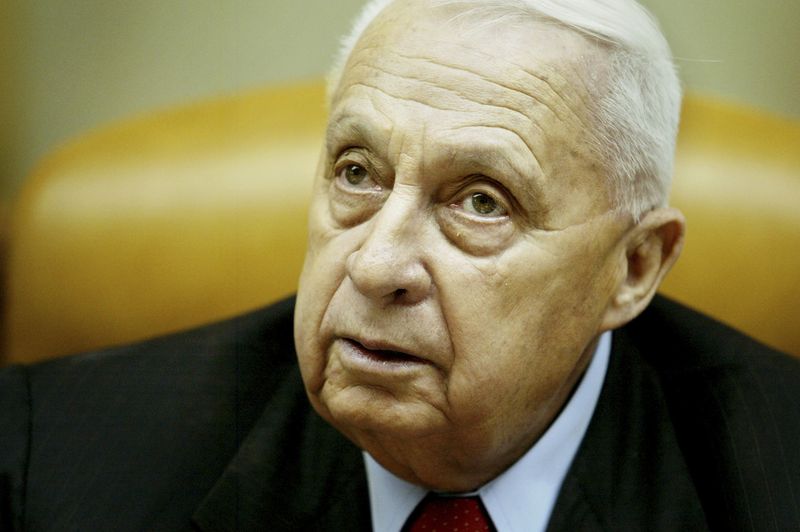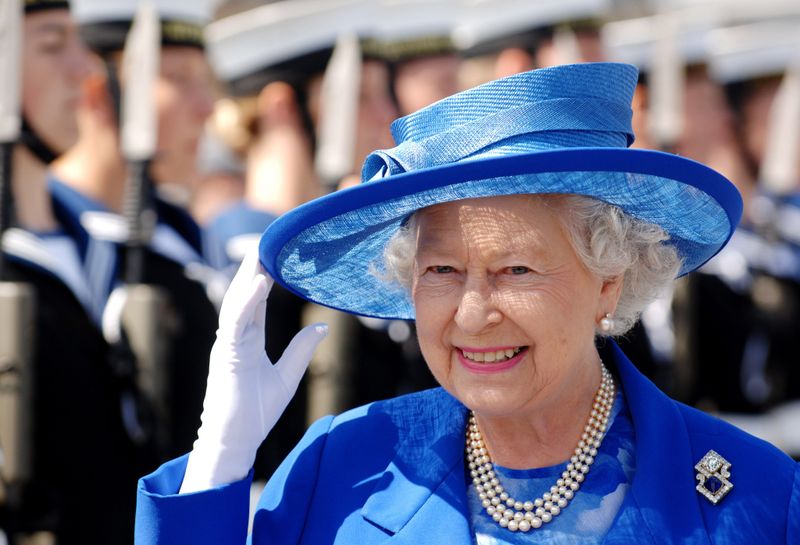Explore an intriguing compilation of 30 significant historical events that have occurred on February 6th throughout the centuries.
From momentous political changes to cultural milestones, each entry provides a glimpse into the diverse range of happenings on this date.
This collection is bound to enlighten and surprise, revealing the profound impact these moments have had on the world.
1. 1685 James II Becomes King of England, Scotland, and Ireland
On February 6, 1685, James II ascended to the thrones of England, Scotland, and Ireland, succeeding his brother Charles II. This marked the beginning of a tumultuous reign characterized by religious conflict.
James, a Catholic, faced significant opposition from Protestant factions within his realms. These tensions would eventually culminate in the Glorious Revolution of 1688, leading to his ousting.
Despite his short reign, James II’s ascent represents a critical moment in British history, illustrating the fragile balance of power and religious influence during the era. His legacy remains a topic of considerable debate among historians.
2. 1778 United States and France Sign the Treaty of Alliance
In a significant diplomatic event, the United States and France signed the Treaty of Alliance on February 6, 1778. This agreement marked France’s official recognition of American independence and provided crucial military support against Britain.
The treaty was pivotal in shifting the balance of the American Revolutionary War, as French military aid and naval power bolstered the Continental Army’s efforts.
It also reflected the strategic interests of both nations, with France seeking to weaken its long-standing rival, Britain. This alliance laid the foundation for a lasting Franco-American relationship, influencing global politics for years.
3. 1788 Massachusetts Ratifies the United States Constitution
On February 6, 1788, Massachusetts ratified the United States Constitution, becoming the sixth state to do so. This ratification was a crucial step in cementing the new nation’s framework of government.
Massachusetts’ decision came after intense debates and discussions on the balance of federal and state powers. The state’s endorsement helped to sway other hesitant states to join the union.
This event underscored the importance of compromise and collective decision-making in forming the United States. Today, it stands as a testament to the foundational principles of American democracy and governance.
4. 1819 Sir Stamford Raffles Founds Modern Singapore
On February 6, 1819, Sir Stamford Raffles, representing the British East India Company, founded modern Singapore.
His establishment of a trading post on the strategically located island marked the beginning of Singapore’s transformation into a major global trade hub.
Raffles’ vision included free trade policies and a multicultural society, setting the stage for Singapore’s future prosperity.
The founding is a pivotal moment in Southeast Asian history, illustrating the region’s colonial past and its evolution into a vibrant, independent city-state. Today, Singapore is recognized for its economic success and global influence.
5. 1840 Treaty of Waitangi Signed in New Zealand
The Treaty of Waitangi, signed on February 6, 1840, between British representatives and Maori chiefs, is a foundational document in New Zealand’s history. It aimed to establish British governance while recognizing Maori land rights.
However, differing interpretations of the treaty’s terms have led to long-standing disputes and discussions about sovereignty and justice. The treaty is considered New Zealand’s founding document, integral to its national identity.
Commemoration of its signing is observed annually as Waitangi Day, a time for reflection on the country’s bicultural heritage and ongoing efforts towards reconciliation.
6. 1843 Virginia Minstrels Stage the First Full Minstrel Show
On February 6, 1843, the Virginia Minstrels staged the first full performance of a minstrel show in New York City. This event marked the formal birth of minstrel shows in American entertainment, which became a popular yet controversial form of theater.
Minstrel shows were known for their exaggerated and often derogatory depiction of African American culture, performed by white actors in blackface.
Despite their popularity during the 19th century, these performances contributed to racial stereotypes and prejudices. Today, they are criticized for their role in perpetuating harmful cultural representations.
7. 1862 Union Forces Capture Fort Henry in the American Civil War
On February 6, 1862, Union forces, led by Ulysses S. Grant, captured Fort Henry in Tennessee during the American Civil War.
This victory was significant as it opened up the Tennessee River for Union navigation, providing a strategic advantage in the Western Theater. The fall of Fort Henry demonstrated the effectiveness of coordinated land and naval operations, highlighting Grant’s emerging leadership skills.
This success paved the way for further Union advances in the South. The capture of Fort Henry marked a turning point in the war, influencing subsequent military strategies and outcomes.
8. 1899 United States Senate Ratifies the Treaty of Paris
On February 6, 1899, the United States Senate ratified the Treaty of Paris, ending the Spanish-American War. This treaty marked the beginning of the United States as a colonial power, acquiring territories such as Puerto Rico, Guam, and the Philippines.
The ratification was a contentious issue, with debates on imperialism and the nation’s role on the world stage. Despite opposition, the treaty passed, reshaping America’s foreign policy and global influence.
The acquisition of these territories had long-term implications, affecting international relations and the country’s socio-political landscape.
9. 1911 Ronald Reagan Is Born in Tampico, Illinois
Ronald Reagan, the 40th President of the United States, was born on February 6, 1911, in Tampico, Illinois. Before his presidency, Reagan was a prominent actor and served as the Governor of California.
His leadership during the Cold War era and economic policies, known as Reaganomics, are widely studied and debated. Reagan’s legacy is marked by his efforts to restore national confidence and his role in ending the Cold War.
His charisma and public communication skills earned him the nickname “The Great Communicator,” influencing American politics and culture.
10. 1918 Representation of the People Act Grants Voting Rights to British Women
The Representation of the People Act, enacted on February 6, 1918, was a monumental step in granting British women over 30 the right to vote.
This legislation marked significant progress in the suffrage movement, reflecting decades of activism and advocacy. While it did not achieve full equality, as only a subset of women could vote, it laid the groundwork for future reforms.
The act also expanded voting rights for men, making it a comprehensive overhaul of the British electoral system. This historic milestone is celebrated for advancing democratic principles and gender equality.
11. 1922 Five-Power Naval Treaty Signed at the Washington Conference
On February 6, 1922, the Five-Power Naval Treaty was signed at the Washington Conference, aiming to prevent naval arms races following World War I. The treaty involved major powers, including the United States, Britain, Japan, France, and Italy.
It established limits on naval capabilities, promoting stability and cooperation among these nations. The treaty reflected the post-war sentiment towards disarmament and international peace efforts.
Although it faced challenges in enforcement and compliance, the treaty represented an early attempt at multilateral arms control. Its legacy is seen in the ongoing pursuit of global disarmament initiatives.
12. 1935 Parker Brothers Releases the Board Game Monopoly
On February 6, 1935, Parker Brothers introduced the board game Monopoly, which soon became a household staple. This game, with its iconic properties and financial strategies, captured the economic spirit of the Great Depression era.
Players navigate real estate transactions, aiming to dominate the market and bankrupt opponents. Monopoly’s enduring popularity is attributed to its engaging gameplay and competitive elements.
Over the decades, it has spawned numerous versions and adaptations, reflecting cultural trends and societal changes. Monopoly remains a beloved classic, evoking nostalgia and continued interest in gaming culture.
13. 1936 Fourth Winter Olympic Games Open in Garmisch-Partenkirchen
The Fourth Winter Olympic Games commenced on February 6, 1936, in Garmisch-Partenkirchen, Germany. These games were notable for their political context, occurring under Nazi rule.
Despite the political undertones, the event showcased remarkable athletic achievements and fostered international sportsmanship. Innovations in winter sports, such as alpine skiing, gained prominence.
The games also featured state-of-the-art facilities and organization, setting standards for future Winter Olympics.
While the political climate of the era overshadowed the games, they remain a significant chapter in Olympic history, highlighting the enduring spirit of global competition and unity.
14. 1937 Battle of Jarama Begins in the Spanish Civil War
The Battle of Jarama, a crucial encounter in the Spanish Civil War, began on February 6, 1937. Fought near Madrid, this battle involved Republican and Nationalist forces vying for control of vital supply routes.
The intense and bloody conflict lasted nearly three weeks, with significant casualties on both sides. Despite heavy fighting, the battle ended in a stalemate, demonstrating the protracted and brutal nature of the war.
The Battle of Jarama is remembered for its international involvement, with volunteers from the International Brigades participating, symbolizing global ideological struggles of the era.
15. 1941 British Forces Occupy Benghazi During World War II
On February 6, 1941, British forces successfully occupied Benghazi, Libya, during World War II’s North African Campaign. This strategic victory marked a significant moment in the Western Desert War, disrupting Axis supply lines.
The capture of Benghazi allowed the Allies to advance further into North Africa, setting the stage for future operations. Despite the fluctuating fortunes of war, this moment demonstrated the resilience and adaptability of Allied forces.
The occupation of Benghazi is a testament to the complexities of the North African theater and its impact on the broader conflict.
16. 1945 Bob Marley Is Born in Nine Mile, Jamaica
Legendary musician Bob Marley was born on February 6, 1945, in Nine Mile, Jamaica. Marley’s music, blending reggae, ska, and rocksteady, became an international sensation, promoting messages of peace, love, and social justice.
His work with The Wailers and solo career left an indelible mark on the music industry. Songs like “No Woman, No Cry” and “Redemption Song” continue to inspire generations.
Marley’s influence extends beyond music, as he championed Rastafarian beliefs and Pan-Africanism. His legacy is celebrated worldwide, reflecting his impact on culture and his enduring message of unity.
17. 1952 Elizabeth Becomes Queen Elizabeth II Upon King George VI’s Death
On February 6, 1952, Elizabeth ascended the throne, becoming Queen Elizabeth II following the death of her father, King George VI.
Her reign marked a period of significant change, encompassing decolonization, technological advances, and social transformations. As the longest-reigning British monarch, Queen Elizabeth II became a symbol of continuity and stability.
Her dedication to public service and her role in modernizing the monarchy are widely recognized.
The Queen’s influence extends across the Commonwealth, fostering connections between member nations. Her accession represents a pivotal moment in British history, marking the beginning of a new era.
18. 1958 Munich Air Disaster Claims the Lives of Manchester United Players
The Munich Air Disaster on February 6, 1958, was a tragic event that claimed the lives of 23 people, including eight Manchester United players.
The team, known as the “Busby Babes,” was returning from a European Cup match when their aircraft crashed during takeoff. This catastrophe sent shockwaves through the sports world, deeply affecting fans and the football community.
Despite the tragedy, Manchester United rebuilt and continued to achieve success in the following years. The disaster is commemorated annually, honoring the memory of those lost and celebrating the spirit of resilience.
19. 1959 First Successful Test Launch of the Titan I ICBM
On February 6, 1959, the first successful test launch of the Titan I Intercontinental Ballistic Missile (ICBM) was conducted. This achievement marked a significant advancement in missile technology during the Cold War.
The Titan I became a critical component of the United States’ strategic nuclear deterrent, demonstrating improved range and payload capabilities.
The successful test underscored the technological rivalry between the US and the Soviet Union, driving further developments in aerospace and defense.
The Titan I’s legacy is seen in subsequent generations of missiles, reflecting ongoing efforts to enhance national security.
20. 1968 Tenth Winter Olympic Games Open in Grenoble, France
The Tenth Winter Olympic Games opened on February 6, 1968, in Grenoble, France, showcasing a variety of winter sports.
These games were notable for the introduction of modern technologies, such as electronic timing and improved broadcasting techniques, enhancing the spectator experience.
Athletes from around the world competed in events like figure skating and skiing, demonstrating exceptional skill and sportsmanship.
The 1968 Winter Olympics also highlighted the increasing globalization of sports, with diverse participation from numerous countries. The event’s legacy includes setting new standards for Olympic organization and international cooperation.
21. 1971 Astronaut Alan Shepard Hits Golf Balls on the Moon (Apollo 14)
During the Apollo 14 mission, on February 6, 1971, astronaut Alan Shepard famously hit golf balls on the Moon, creating a historic moment in space exploration.
This lighthearted gesture showcased human ingenuity and adaptability in the lunar environment. Shepard’s golfing feat was a symbolic demonstration of the peaceful exploration of space, capturing the imagination of people worldwide.
The Apollo 14 mission, focused on scientific exploration, furthered our understanding of the Moon’s composition and geology. Shepard’s unique lunar golf shots remain an iconic memory of NASA’s Apollo program and human spaceflight achievements.
22. 1981 Ugandan Bush War Erupts as NRA Attacks a Military Installation
On February 6, 1981, the Ugandan Bush War began when the National Resistance Army (NRA) attacked a military installation, signaling the start of a protracted conflict. The war, lasting until 1986, sought to overthrow President Milton Obote’s government.
Led by Yoweri Museveni, the NRA engaged in guerrilla warfare, gaining support through its promises of reform and unity. The conflict resulted in significant loss of life and displacement, deeply affecting Uganda’s social and political landscape.
In 1986, Museveni’s victory marked a new era for the country, leading to long-term governance changes and development.
23. 1987 Mary Gaudron Becomes First Female Justice of Australia’s High Court
In a landmark achievement for gender equality, Mary Gaudron was appointed as the first female justice of Australia’s High Court on February 6, 1987.
Her appointment represented a significant step forward in the inclusion of women in the highest echelons of the judiciary. Gaudron was known for her progressive legal interpretations and advocacy for social justice.
Her contributions to Australian law and her efforts in promoting gender equality have been widely acknowledged. Gaudron’s legacy continues to inspire future generations of legal professionals, emphasizing the importance of diversity and representation in the judiciary.
24. 1989 Poland’s Round Table Talks Commence in Warsaw
On February 6, 1989, Poland’s Round Table Talks began in Warsaw, marking a pivotal step towards democratic transition.
These negotiations between the Communist government and opposition groups, including Solidarity, aimed to address political and economic reforms. The talks resulted in significant changes, such as free elections and the establishment of a bicameral parliament.
This peaceful dialogue approach set a precedent for similar transitions across Eastern Europe, contributing to the end of Communist rule in the region. The Round Table Talks highlight the power of negotiation and cooperation in achieving political change.
25. 1993 American Tennis Icon Arthur Ashe Dies at Age 49
On February 6, 1993, Arthur Ashe, an iconic American tennis player, passed away at 49 due to complications from AIDS.
Ashe was renowned for his exceptional skills and groundbreaking achievements, including being the first African American to win several major tennis titles. His legacy extends beyond sports, as he was an advocate for civil rights and social justice.
Ashe’s courage in publicly discussing his illness raised awareness and compassion towards those affected by HIV/AIDS. His life and career continue to inspire athletes and activists, emphasizing the importance of perseverance and advocacy.
26. 1996 Birgenair Flight 301 Crashes off the Dominican Republic
On February 6, 1996, Birgenair Flight 301 tragically crashed into the Atlantic Ocean off the coast of the Dominican Republic, resulting in the loss of all 189 passengers and crew.
The disaster was attributed to instrument failure and poor communication between the flight crew. This incident highlighted critical issues in aviation safety and prompted improvements in training and operational protocols.
The tragedy had a profound impact on the victims’ families and the aviation community. It serves as a reminder of the importance of rigorous safety standards and vigilance in air transportation.
27. 1998 Washington National Airport Renamed Ronald Reagan Washington National Airport
On February 6, 1998, Washington National Airport was officially renamed Ronald Reagan Washington National Airport, honoring the former President on his 87th birthday.
This decision sparked debates over the appropriateness of naming public infrastructure after political figures. Despite differing opinions, the renaming was seen as a tribute to Reagan’s influence and legacy.
The airport serves as a major hub for domestic flights, connecting the nation’s capital with cities across the United States.
The name change reflects the broader trend of commemorating influential leaders through public landmarks, ensuring their contributions are remembered.
28. 2001 Ariel Sharon Is Elected Prime Minister of Israel
On February 6, 2001, Ariel Sharon was elected Prime Minister of Israel, ushering in a new era in Israeli politics. Known for his military background and controversial policies, Sharon’s leadership focused on security and peace efforts.
His tenure was marked by significant events, including the withdrawal from the Gaza Strip and attempts to negotiate peace with Palestinian authorities. Sharon’s approach to governance often sparked debates domestically and internationally.
His legacy is complex, with supporters praising his strong leadership, while critics highlight challenges in achieving lasting peace. Sharon’s election remains a significant moment in Israeli history.
29. 2011 Green Bay Packers Defeat Pittsburgh Steelers in Super Bowl XLV
On February 6, 2011, the Green Bay Packers triumphed over the Pittsburgh Steelers in Super Bowl XLV, held at Cowboys Stadium in Arlington, Texas. The Packers’ victory, with a score of 31-25, secured their fourth Super Bowl title.
Quarterback Aaron Rodgers delivered an impressive performance, earning the Super Bowl MVP title. The game was marked by intense competition and thrilling plays, captivating fans worldwide.
Super Bowl XLV remains memorable for its high stakes and the Packers’ resilience. This win solidified Green Bay’s place among the NFL’s elite, celebrated by their passionate fan base.
30. 2017 Queen Elizabeth II Commemorates Her Sapphire Jubilee (65 Years on the Throne)
Queen Elizabeth II celebrated her Sapphire Jubilee on February 6, 2017, marking 65 years on the British throne. This historic milestone commemorated her long and dedicated service as the United Kingdom’s monarch.
The Queen’s reign, noted for its stability and continuity, encompassed significant global changes and challenges. The Sapphire Jubilee was celebrated with various events and tributes, honoring her commitment to the nation and the Commonwealth.
As the first British monarch to reach this milestone, Queen Elizabeth II’s jubilee highlighted her enduring legacy and the respect she commands worldwide.
